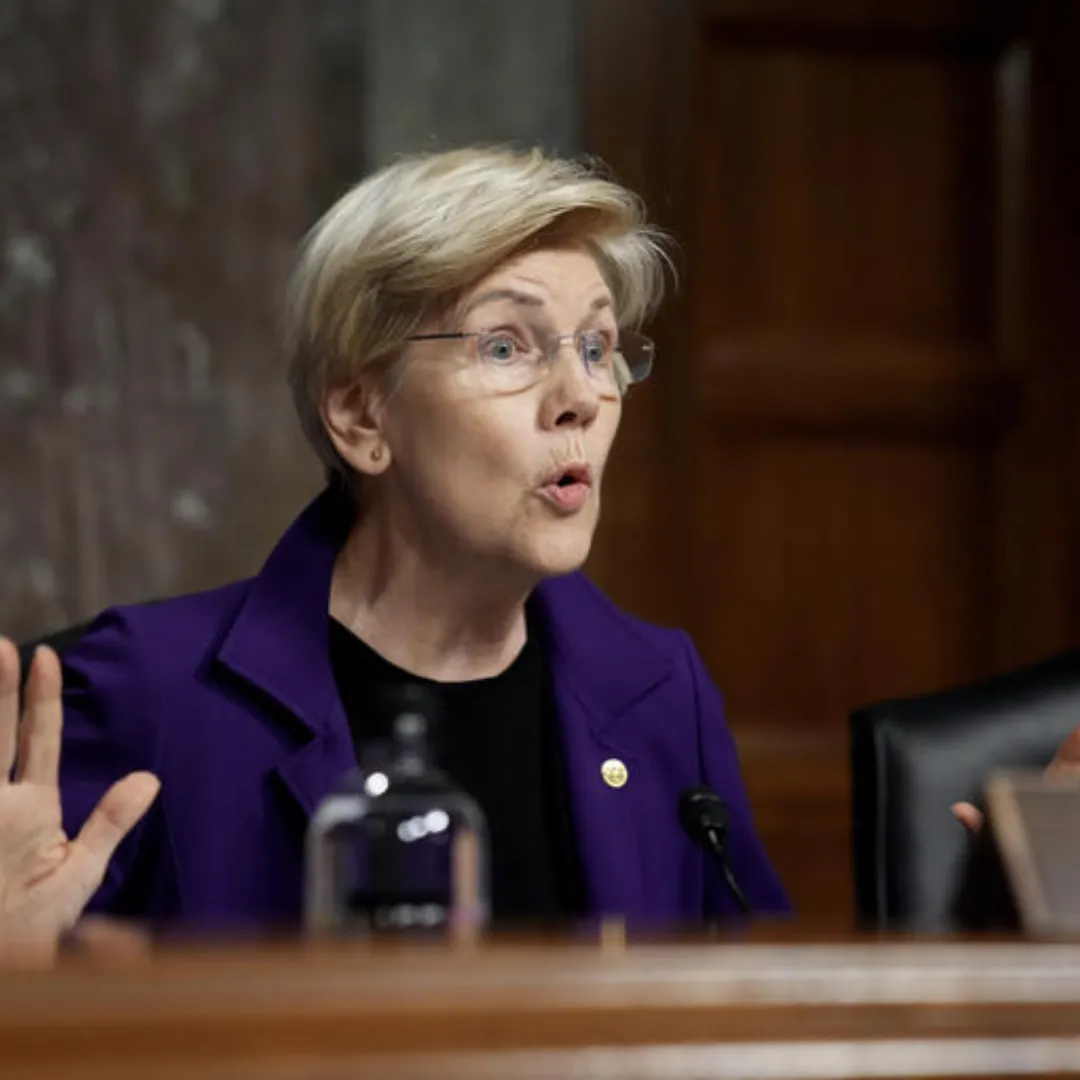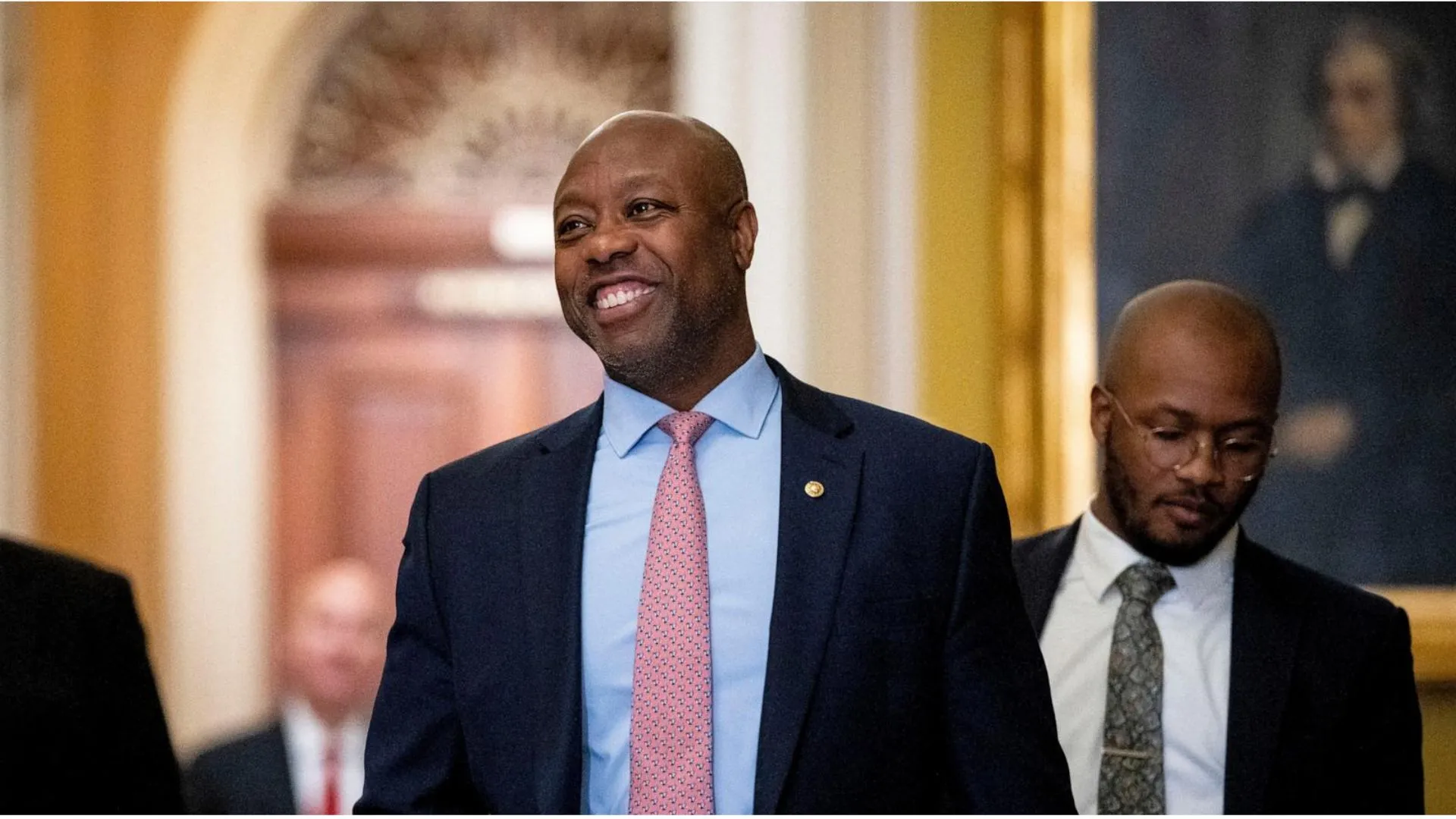The Trump administration has abruptly ended U.S. funding for emergency food aid in over a dozen countries, including Syria, Afghanistan, Yemen, and several other crisis zones — a decision that the United Nations’ World Food Program (WFP) called “a death sentence” for millions already facing starvation.
The WFP, the world’s largest humanitarian food agency, said this week that the United States terminated funding for life-saving operations with no warning and no viable alternative in place.
In a post on social media, the agency said, “This could amount to a death sentence for millions of people facing extreme hunger and starvation.”
The cuts affect emergency programs that have helped keep some of the world’s most vulnerable people alive — in places devastated by war, displacement, poverty, and famine.
These include long-standing operations in conflict zones such as Syria, Yemen, and Somalia, as well as drought-stricken and politically unstable countries like Afghanistan and Zimbabwe.
The contract terminations came as a surprise to humanitarian organizations, many of which had just received new funding commitments or were in the middle of delivering aid. In total, around 60 termination letters were sent last week to groups working with USAID, the U.S. Agency for International Development.
According to internal State Department documents obtained by the Associated Press, over $230 million in U.S. contracts with WFP and other humanitarian organizations operating in Syria were canceled. One program alone, worth $111 million, had been providing basic food — such as bread — to 1.5 million Syrians.
In Yemen, which has faced years of war and a humanitarian disaster considered among the worst in the world, the cuts appear to include food aid that had already arrived in distribution centers.
In Lebanon and Jordan, where hundreds of thousands of Syrian refugees rely on U.S.-supported food programs, the WFP confirmed it had received termination notices.
The decision also halts aid to Afghanistan, where the U.S. had recently been supporting food, water, medical care, and shelter programs for millions displaced by war and political turmoil.
Officials familiar with the matter say that over $560 million in U.S. humanitarian funding to Afghanistan is being cut, including services for malnourished children, emergency medical care, and mental health treatment for survivors of violence.
One of the programs abruptly shut down is a U.S.-funded educational initiative for Afghan women that had strong bipartisan support in Congress. Run by Texas A&M University, it helped send young Afghan women overseas for schooling, in part to protect them from Taliban restrictions on female education.
With funding now canceled, these women may be forced to return to Afghanistan, where many could face life-threatening conditions. An administrator with the program said, under condition of anonymity, that the decision puts these students at immediate risk.
The terminations were reportedly carried out under the direction of Jeremy Lewin, a senior official in the newly established Department of Government Efficiency, led by Elon Musk appointees. Lewin, a top aide in that department, ordered the cancellations “for the convenience of the U.S. Government,” according to termination notices reviewed by the AP.
This move comes despite previous assurances from Secretary of State Marco Rubio and other top officials that emergency humanitarian aid — including food assistance — would be spared from Trump’s deep cuts to foreign aid. Rubio had informed Congress last month that while 5,000 USAID programs would be shut down, around 1,000 others — including critical life-saving services — would continue.
Those promises now appear to be broken.
The U.S. has historically been the single largest donor to the World Food Program. In 2024 alone, the U.S. provided $4.5 billion of the agency’s $9.8 billion global budget. Cutting this support leaves an enormous financial hole that few other donors are likely to fill quickly — if at all.
WFP Director Cindy McCain warned that these cuts “undermine global stability.” She said pulling back food aid can cause ripple effects that go far beyond humanitarian suffering — leading to migration surges, unrest, and even fueling extremism as people struggle to survive.
In the absence of aid, desperation increases. In past crises, the loss of food and health support has been followed by mass displacement, violence, and exploitation. Aid workers warn that many of the programs now being shut down were the last line of defense against famine, disease, and chaos.
The policy change has also affected security in northeastern Syria. A U.S. funding freeze led to the temporary shutdown of critical services at the al-Hol camp, where tens of thousands of women and children — many linked to the Islamic State — are detained. The camp has long been a security concern for both local forces and international agencies.
During the freeze, services like food distribution and basic health care were disrupted. Though some were quickly restored following alarmed reports from field staff, two major contracts — including one run by Save the Children — have now been officially canceled.
The camp has been described as a “ticking time bomb,” with children living in extreme conditions and tensions rising daily. Aid agencies warn that cutting humanitarian support there could lead to violent uprisings or escape attempts.
For decades, the U.S. has justified foreign aid not only as a moral responsibility, but also as a strategic tool to build stability, reduce conflict, and prevent refugee flows. Programs that address food insecurity, health, and education have often been framed as investments in global peace — and in U.S. national security.
Now, the Trump administration seems to be abandoning that approach. Officials inside the White House have accused USAID of “wastefulness” and promoting “liberal globalist causes.” Aid programs are being slashed not based on need, but based on political ideology and internal budget goals.
Critics say that’s not just cruel — it’s shortsighted.
One former USAID official said the sudden cuts are “devastating,” both to the people on the ground and to America’s reputation as a global leader. “You don’t just walk away from people who are starving,” they said. “It’s not just morally wrong — it damages our credibility.”
The WFP has appealed directly to the Trump administration, urging it to reverse the decision and continue funding life-saving operations. The agency thanked the U.S. for its past generosity but warned that ongoing cuts will have catastrophic effects.
There has been no official response from the State Department as of Monday.
Other donor nations are watching closely. Analysts say that if the U.S. doesn’t return to the table, more lives will be lost — and humanitarian agencies will be forced to make impossible choices about who gets fed and who doesn’t.
Aid workers on the ground are bracing for what comes next. In Syria, food warehouses are full of supplies that may now never be distributed. In Afghanistan, clinics and shelters are preparing to close. In Zimbabwe and Somalia, families already living day to day may now face famine-level emergencies.
And in Yemen — a country long described as the world’s worst humanitarian crisis — the silence from Washington may soon be measured in lost lives.







